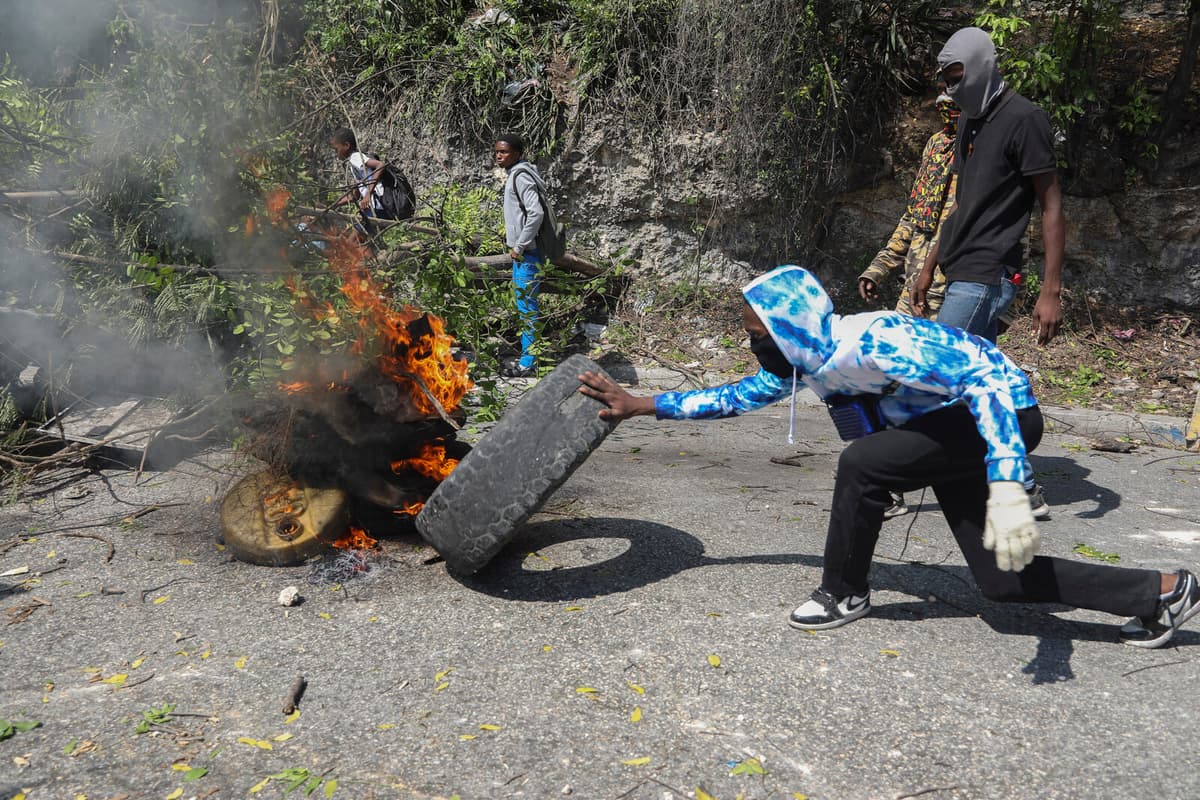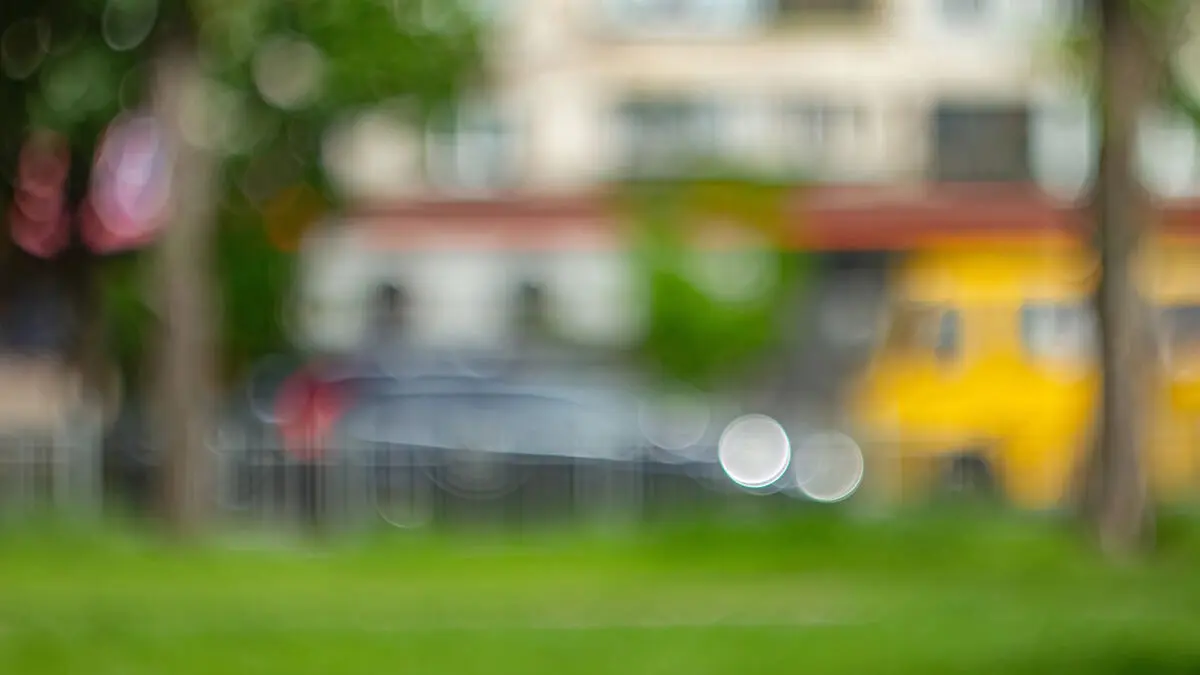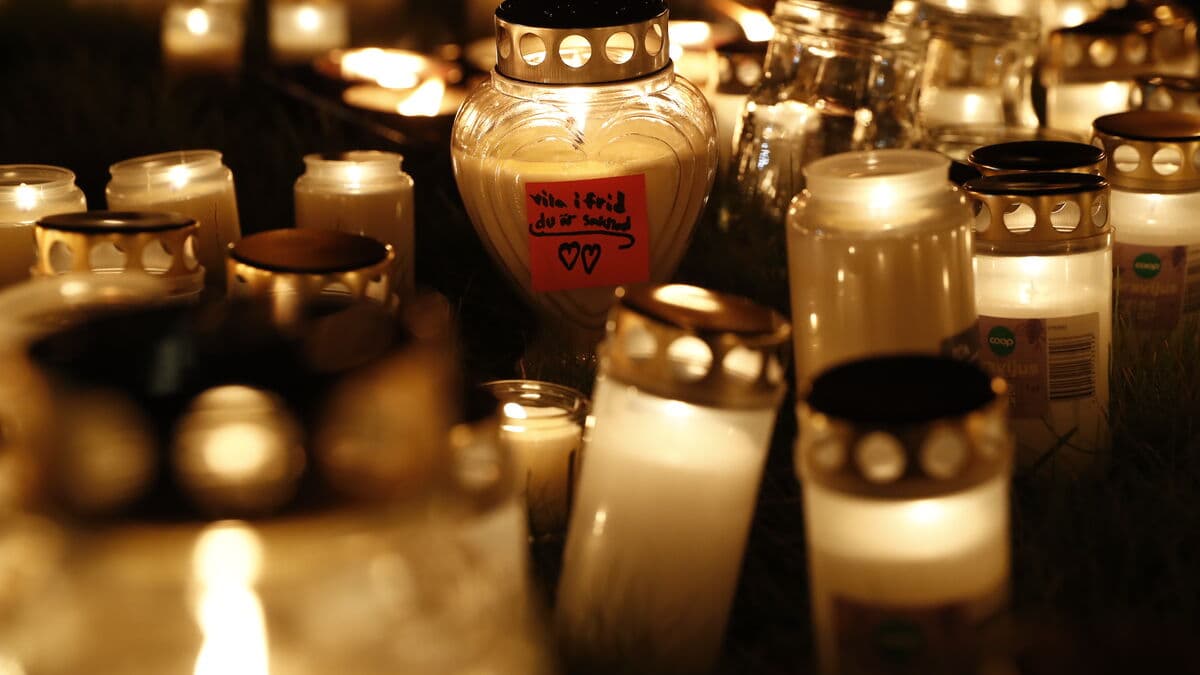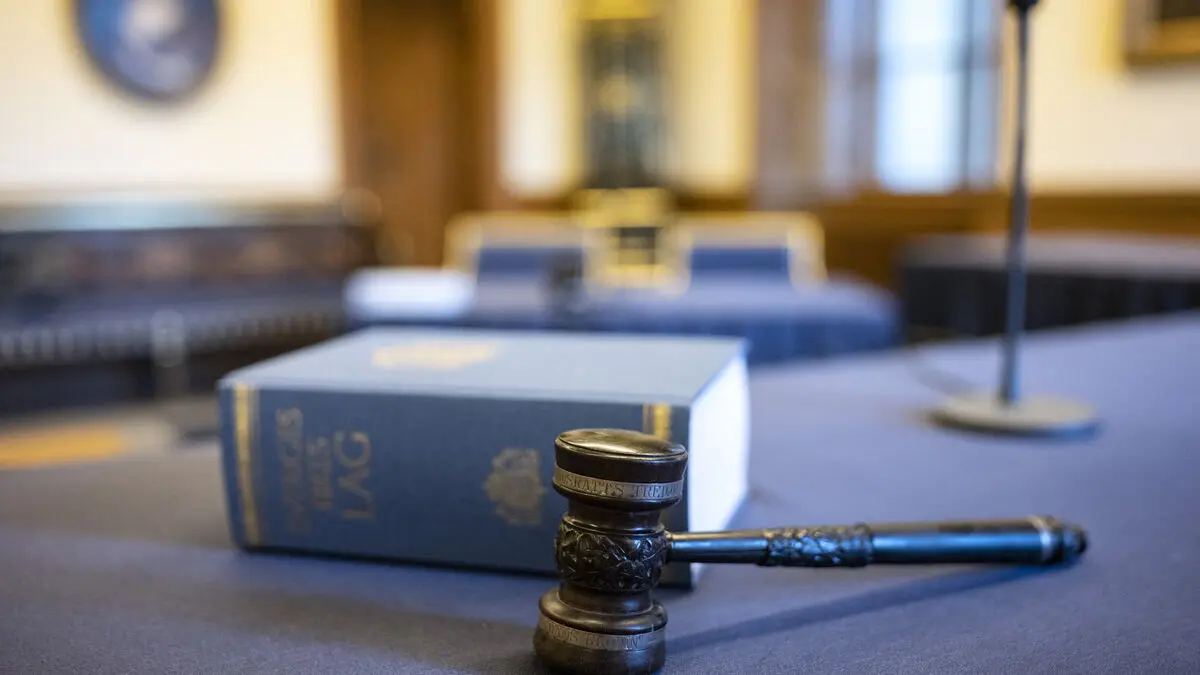Approximately 90 percent of the capital is now controlled by criminal groups – which are also expanding their attacks to previously peaceful areas. This is stated by Ghada Fathy Waly, head of the UN Office on Drugs and Crime and prevention of crime, UNODC.
Southern Haiti, which until recently has been spared violence, has seen a significant increase in gang-related incidents, she says to the UN Security Council.
According to Waly, the government's scope for action is rapidly decreasing, while the gangs are stepping in and establishing what she calls "parallel government structures". The gangs' control of important trade routes has paralyzed trade, leading to rising prices on essential basic foods such as cooking oil and rice.
Also, the UN Deputy Secretary-General Miroslav Jenca says that the gangs' increasingly strong foothold in Port-au-Prince is pushing the situation closer to the limit.
Without increased measures from the international community, a total collapse of government presence in the capital can become a very real scenario, he warns.
Haiti has not had a president since the former president Jovenel Moïse was murdered in July 2021.






